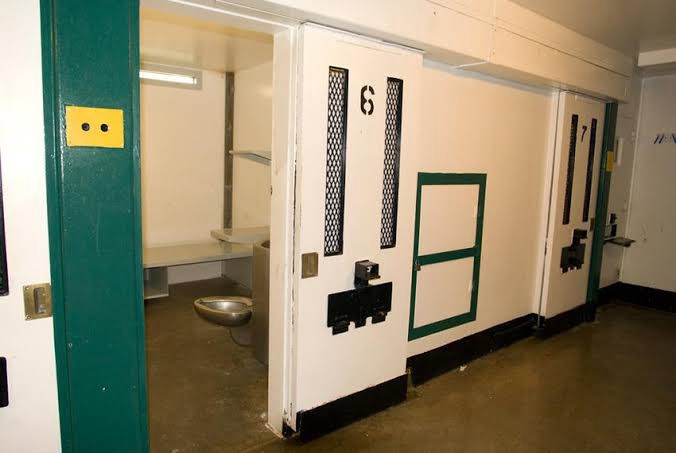A death row inmate in South Carolina has been given the choice of how he will be execu*ed, as Richard Moore was informed on Tuesday that he must select between a fir!ng squad, electric chair, or lethal injection ahead of his scheduled execut!on on November 1.
Moore, 59, was sentenced to death for the 1999 k!lling of store clerk James Mahoney during a robbery. He entered the Spartanburg County store unarmed but a confrontation escalated when he took one of Mahoney’s g*ns, resulting in a shootout. Moore was injured, while Mahoney died from a g*nshot wound to the chest.
Under state law, Moore has until October 18 to make his decision; otherwise, he will be electroc*ted by default.
If carried out, Moore’s execution would be only the second in South Carolina in over a decade, due to past difficulties in securing the necessary dr*gs for lethal injection. His legal team is appealing to the U.S. Supreme Court, seeking to halt the execution. They argue that Moore, who is Black, is the only person on South Carolina’s death row convicted by an all-white jury and that his case is unique because he was initially unarmed and only fired in self-defense after acquiring a weapon.
South Carolina Corrections Director Bryan Stirling informed Moore that the electric chair had been tested last month, while the firing squad is ready with ammunition and trained personnel. The state’s crime lab has also verified the purity of the lethal injection drugs.
Prison officials revealed that the electric chair, built in 1912, was tested on September 3 and found to be fully operational, though no further details were given. The 2021 law authorizing the firing squad stipulates that three trained officers would aim at the inmate’s heart from 15 feet away.
Moore plans to request clemency from Governor Henry McMaster, asking that his sentence be commuted to life without parole. Historically, no South Carolina governor has granted clemency in a death penalty case during the modern era.
Moore has maintained a clean disciplinary record while incarcerated and has expressed a willingness to aid in the rehabilitation of other inmates.
Since the reinstatement of the death penalty in the U.S. in 1976, South Carolina has exec*ted 44 inmates, averaging three per year in the early 2000s. Nine other states have carried out more executions during this period.
